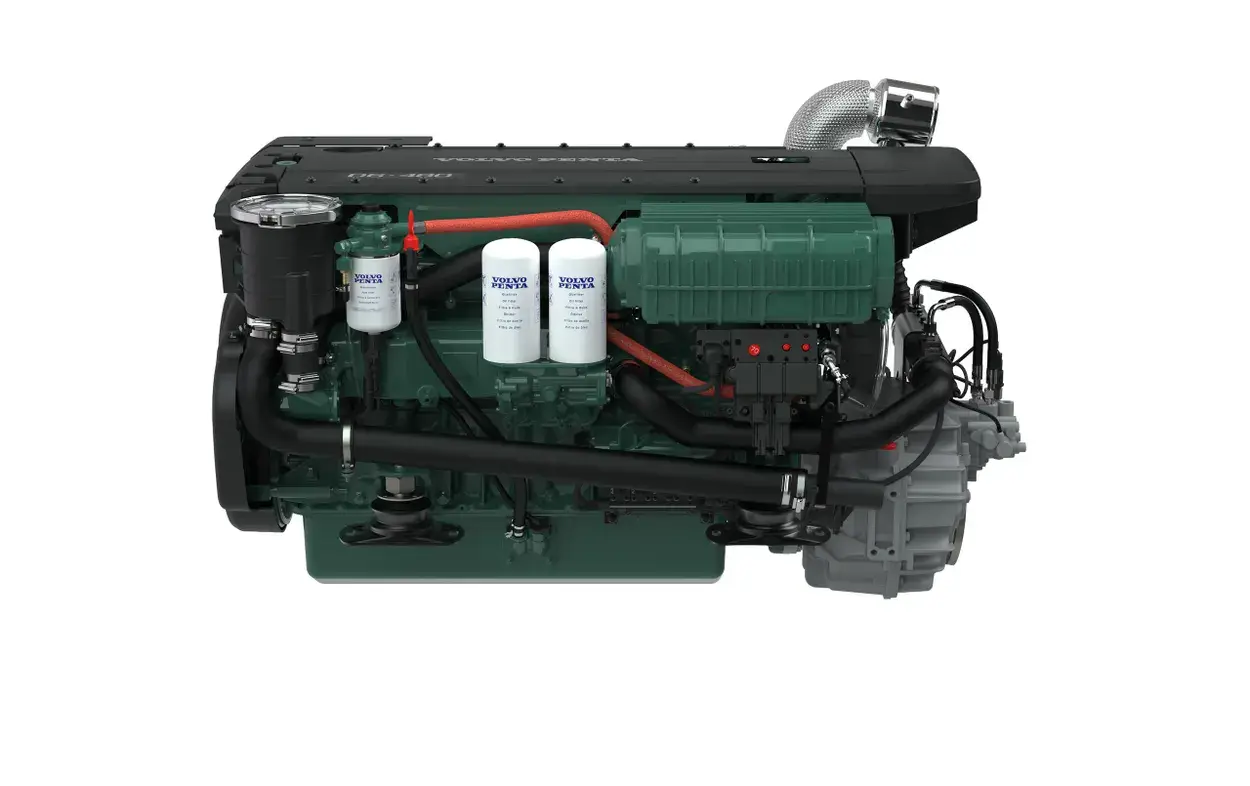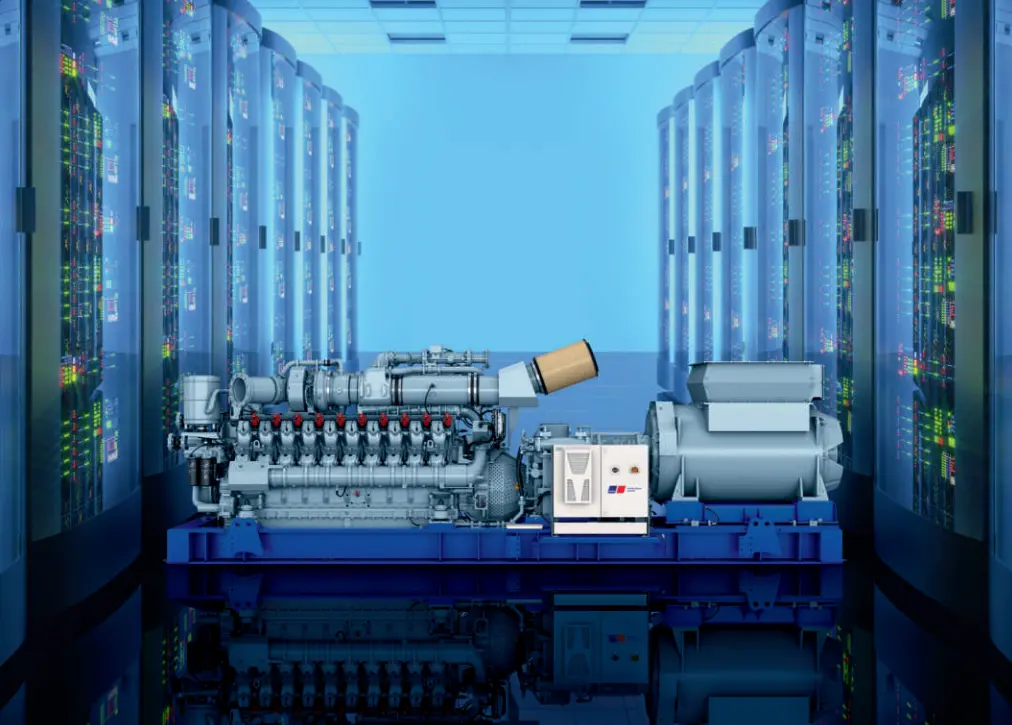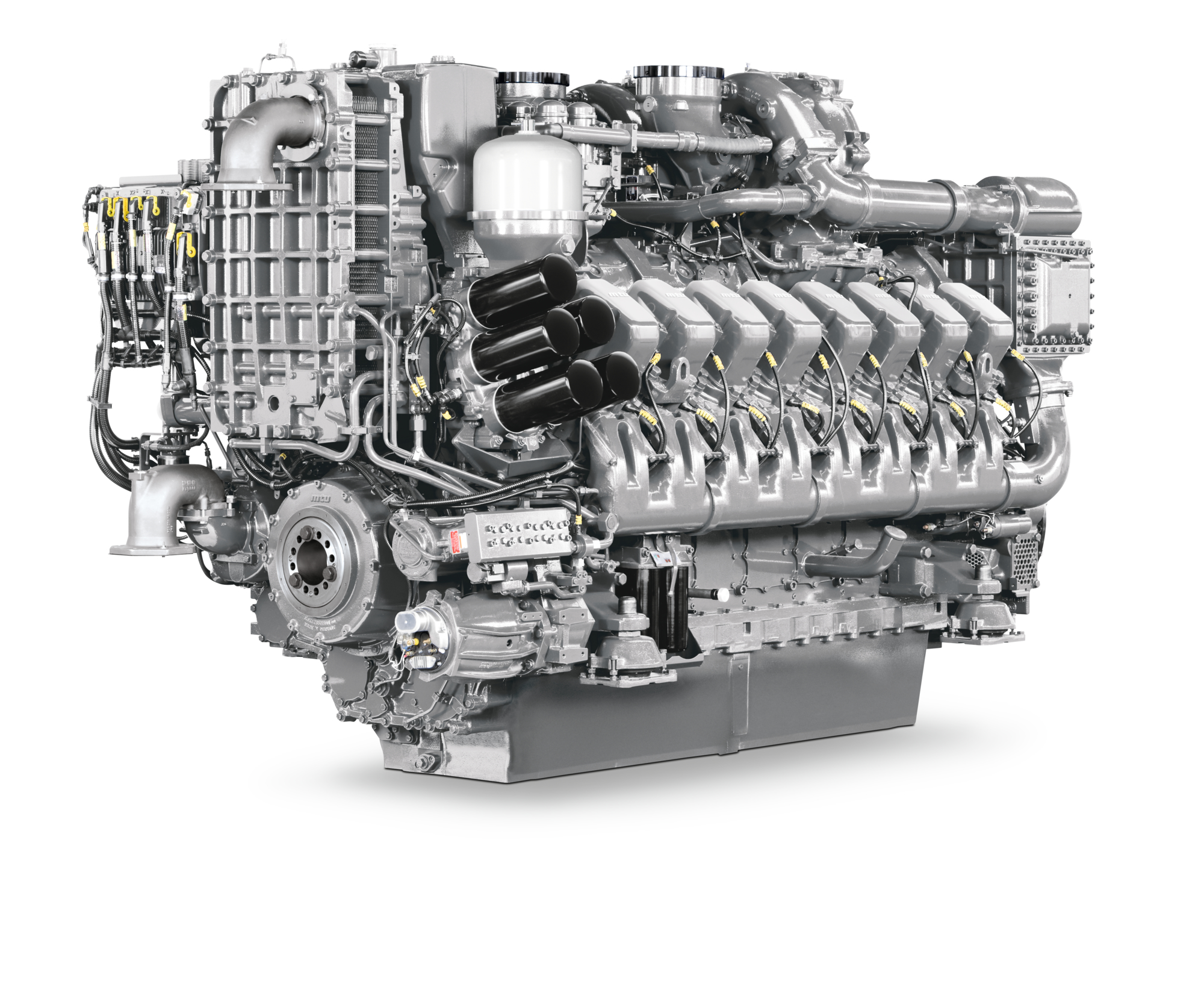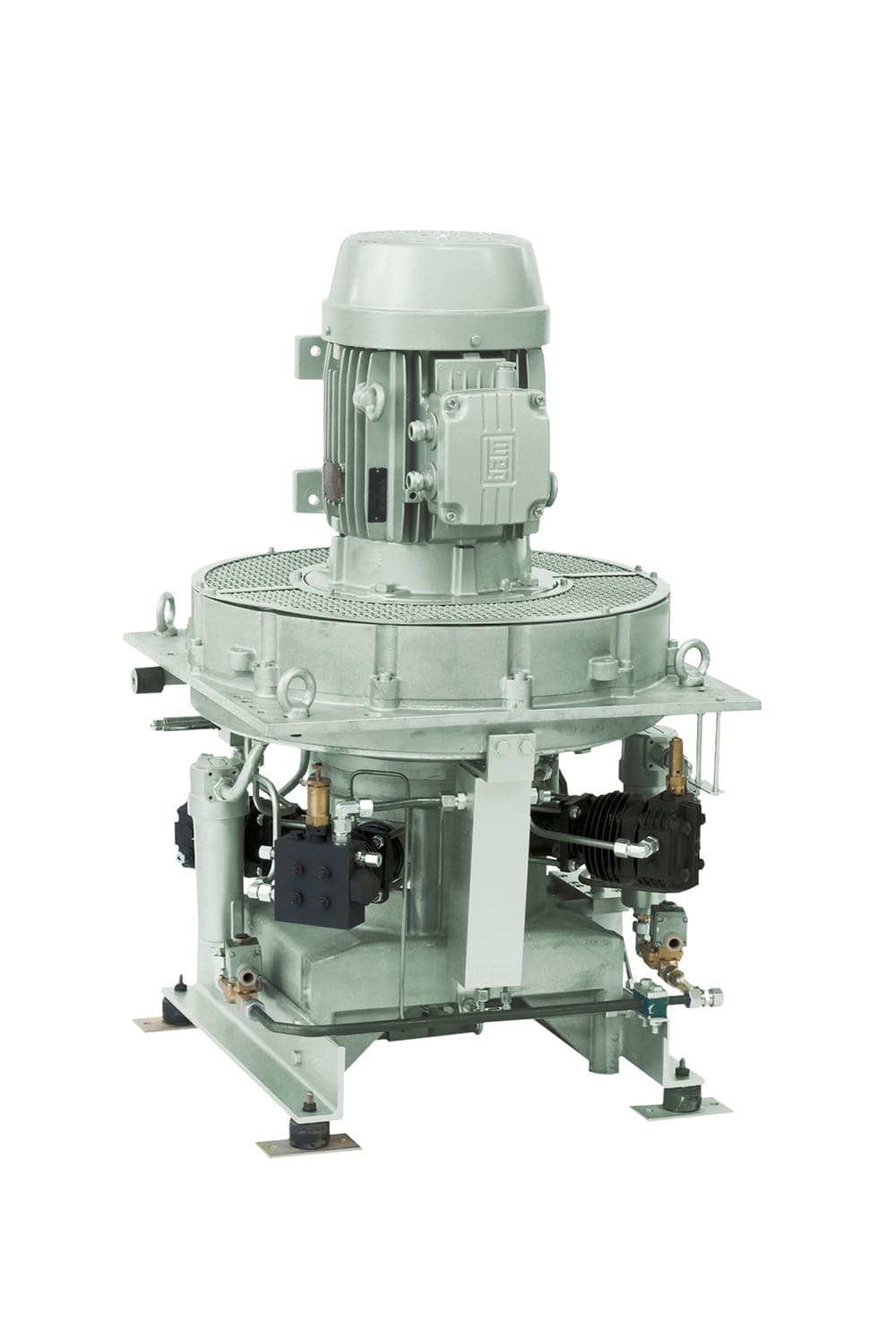A Vessel Built for Demanding Missions
The 12m monohull was designed for oil spill recovery and passenger transport, both operations that demand high efficiency, reliability, and mission readiness. To meet these requirements, Al Masaood Power, the authorised distributor of Volvo Penta in the UAE and Bahrain, carried out a full propulsion system evaluation.
Putting Propulsion Systems to the Test
Three systems were compared head-to-head:
- Diesel Outboard Motors
- Gasoline Outboard Motors
The study looked at power, speed, fuel consumption, safety, maneuverability, and overall operational costs.
Propulsion System Comparison
The evaluation analysed technical, operational, and cost parameters relevant to commercial marine operations.
| Parameter | Volvo Penta D6-440 Stern Drive | Diesel Outboard Motors | Gasoline Outboard Motors |
|---|---|---|---|
| Installed Power | 2 × 440 HP = 880 HP | 3 × 300 HP = 900 HP | 3 × 350 HP = 1050 HP |
| Propulsion Type | Inboard Stern Drive | Outboard | Outboard |
| Top Speed (Lightship) | 33 – 41 knots | ~29 – 40 knots | ~29 – 40 knots |
| Maneuverability | Joystick, Wheel, Assisted Docking, Autopilot | Basic Steering | Joystick, Wheel |
| Deck Space | Clear – Engines below deck | Limited – 3 outboards on transom | Limited – 3 outboards on transom |
| Fuel Safety | Safe – Diesel inboard | Safer than gasoline | High fire risk |
| Maintenance Access | Easy – Centralised engine bay | Moderate | Complex |
| Operational Cost | Medium | High | Very High |
| Fuel Consumption (100 hrs) | 8,000 – 10,000 L | 18,000 – 20,000 L | 22,500 – 27,000 L |
Why the Volvo Penta D6-440 Stood Out
Unmatched Fuel Efficiency and Cost Savings
The Volvo Penta D6-440 proved dramatically more efficient than outboard alternatives.
- Consumes up to 60% less fuel than diesel outboards.
- Consumes up to 63% less fuel than gasoline outboards.
- Saves 10,000 –17,000 liters of fuel per 100 hours of operation.
These savings directly lower operational costs and reduce emissions, making the system the most economical and environmentally sustainable choice.
Control and Precision at Sea
The D6-440 is equipped with advanced features such as joystick control, assisted docking, and autopilot, ensuring unmatched precision.
- Ideal for navigating tight recovery zones.
- Enables rapid, safe emergency response maneuvers.
Power Without Compromise
Despite lower installed horsepower, the system achieved a top speed of up to 41 knots.
- Stability eliminates constant trimming.
- Provides smooth, controlled performance during high-speed operations.
Safety and Comfort for the Crew
Smarter Use of Space
Engines placed below deck free up valuable deck space.
- Clear transom enables better crew mobility and flexible equipment layouts.
- Supports mission-specific customisation and safety on deck.
Operational Impact Summary
| Category | Volvo Penta D6-440 | Diesel Outboards | Gasoline Outboards |
|---|---|---|---|
| Fuel Use (100 hrs) | 8,000 – 10,000 L | 18,000 – 20,000 L | 22,500 – 27,000 L |
| Fuel Savings | Best (10,000-19,000 L saved) | Higher consumption | Highest consumption |
| Deck Usability | Clear space | Limited | Limited |
| Noise & Comfort | Low noise | Noisy | Noisy |
| Safety (Fuel) | Diesel – safest | Acceptable | High fire risk |
| Operational Costs | Lowest | High | Very High |
What This Means for Marine Operators
For operators working in environmental recovery, passenger transport, or offshore support, this case study shows why the Volvo Penta D6-440 is the optimal propulsion choice. It delivers:
- Lowest fuel consumption and operational costs
- Superior handling in demanding conditions
- Consistent high-speed performance
- Better crew comfort and safety
- Optimised deck usability
The Volvo Penta D6-440 doesn’t just power a vessel; it redefines what a 12m monohull can achieve in efficiency, safety, and long-term reliability.







